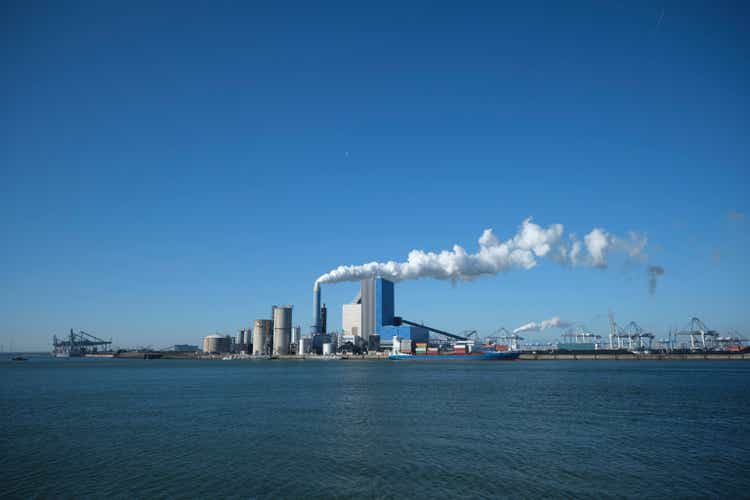
janssenkruseproductions/iStock via Getty Images
Following our recent update on Uniper (OTCPK:UNPRF), the German energy giant raised the white flag and was rescued by the German government. As we already mentioned, Uniper will be partially nationalized to cope with the financial difficulties due to the increase in energy prices and the reduction in gas supplies by Gazprom. Although gas flow is currently flowing through North Stream 1, supplies remained limited to minus 40% of total capacity. Russian President Vladimir Putin motivated the pipeline deficit by citing technical problems but we know this is a geopolitical game. However, “Uniper is crucial for the German economy,” said German Chancellor Olaf Scholz, justifying the takeover of the energy giant.
Transaction details
Berlin will acquire 30% of Uniper with a bailout package of around €15 billion. The leading Russian gas importer in Europe hopes to stop, at least in part, the liquidity drain of €50 million a day. More in specific, the company will proceed with a capital increase of approximately €267 million for an issue price of €1.7 per share and, with a public loan of up to €7.7 billion in convertible bonds, an extension from €2 to €9 billion aid package. This operation will bring the German government to a stake of 30%, and the Finnish public company Fortum, which is the main shareholder, will see its equity stake drop from 80% to 56%. Starting from the 1st of October, 90% of the gas cost will be passed through to B2B and B2c clients.
Market expectations?
In Frankfurt, the Uniper stock is collapsing after the government agreed to save the energy giant. Currently, it losing more than 35% to €7 per share. The financial package was in line with market expectations, but our internal team believes that this support does not solve Uniper’s cash burn and will not prevent the German energy giant to incur further losses.
In our view, here below our main key takeaways:
- We believe that the financial package depends on the gas supplies, including volumes from Russia and higher costs from other countries; the aid package solved a financial problem in the short-term but there are question marks on gas supplies over the medium-long term horizon;
- This operation leads to an equity stake dilution from minority shareholders and there are still pending questions on the relationship between Uniper and Fortum (still the major shareholder);
- Interest rates were not disclosed;
- Starting from October, gas prices will be transferred to Uniper’s customers but we should note that gas bills already increased by more than 100% compared to last year’s price;
- Financially speaking, it is unclear what will be the reference price for further stock dilution. This, in conjunction with point 1, is probably the biggest threat that the current shareholders are facing.
What was in line with market expectations was the fact that no future dividend will be paid and there will be no more incentive compensation program from the management teams. This was in line with Deutsche Lufthansa’s rescue. Looking at the details, we see that the German government is forcing Uniper to withdraw a pending ligation against the Netherlands. Despite the stock price decline, we provide a hold rating considering the wide range of outcomes that Uniper is currently facing.


Be the first to comment